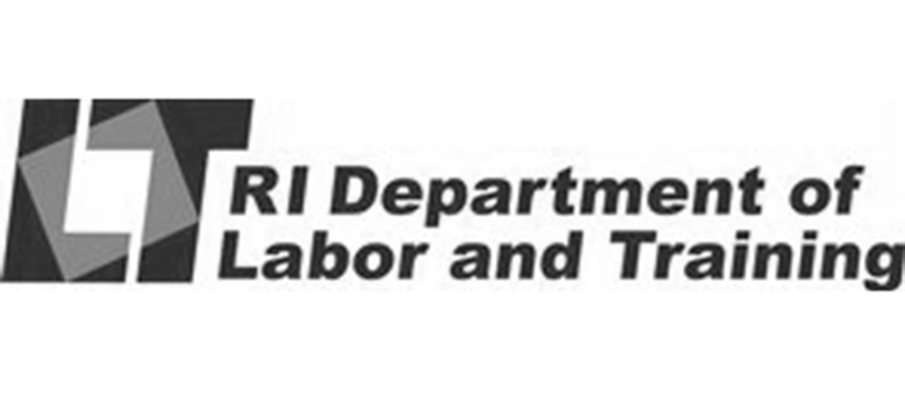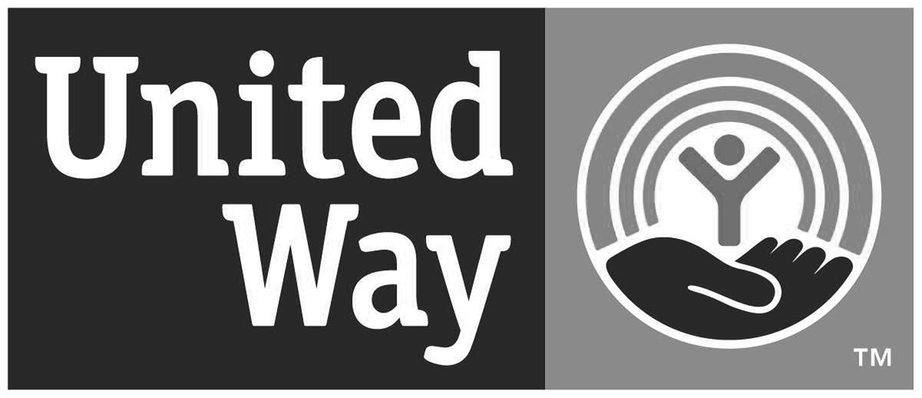Program effect on first-year grade-point averages (GPA)
More than their low-income peers, program participants earned grades that kept them in good academic standing. Over 80% of program participants had at least a 2.0.
Inadequate GPAs create additional barriers to student persistence. Students can lose their financial aid and some majors even have specific GPA requirements to stay in the program. In addition, consequences occur for students whose GPAs are lower than 2.0. URI puts students on academic probation for the following semester and RIC does not consider students with such GPAs for graduation.
Data Note: Across all colleges, students have no recorded GPA at all if they enrolled exclusively in non-credit bearing, developmental courses. Developmental courses are not credit-bearing, meaning they do not count towards a degree or towards a GPA.









